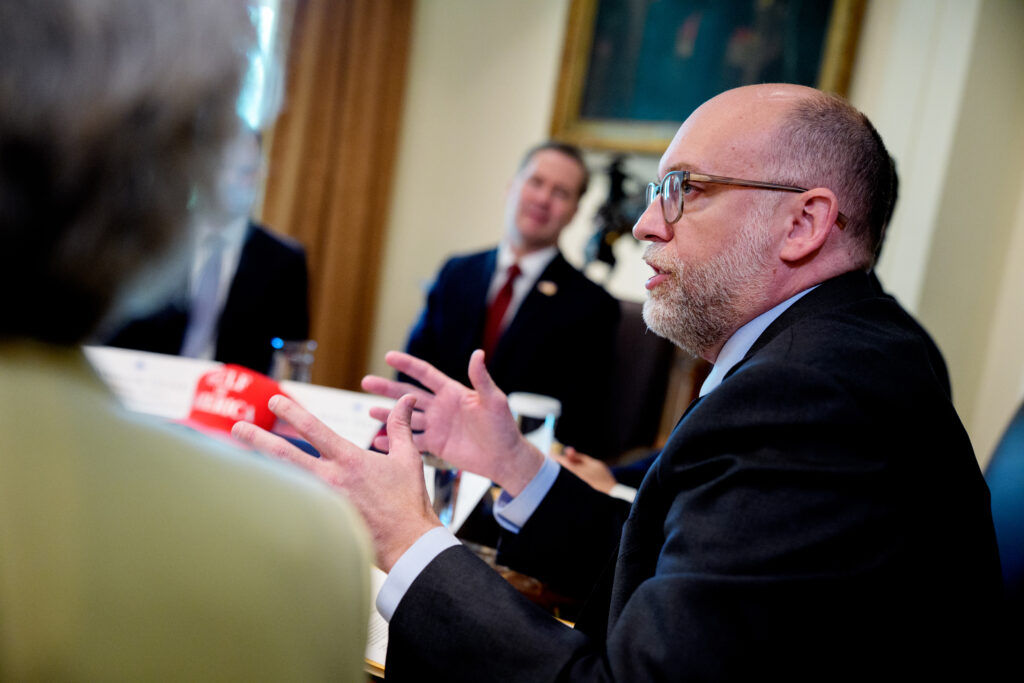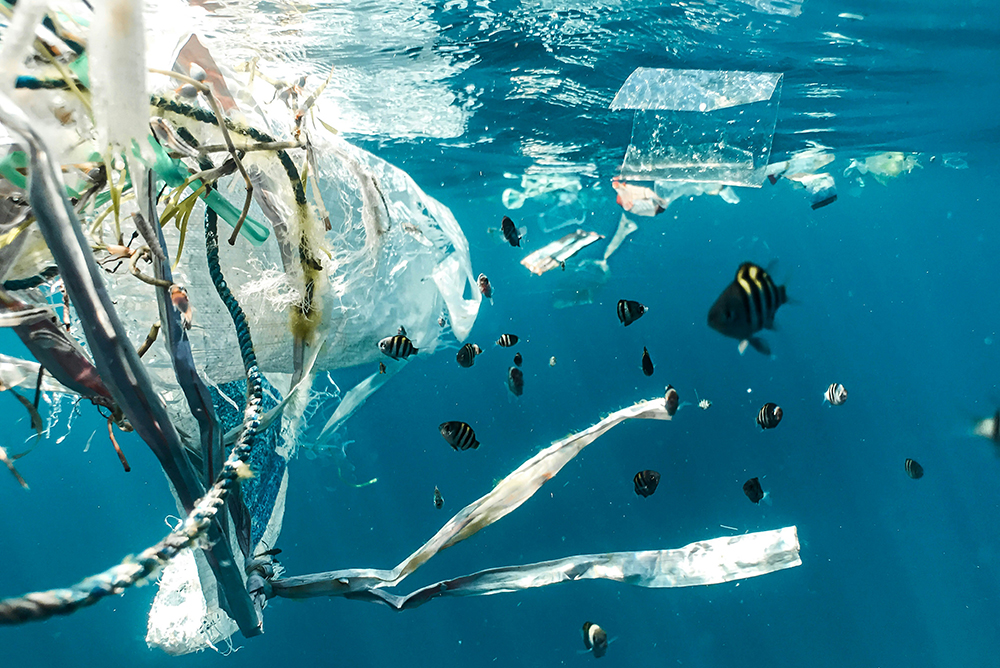
Green Revolution: Young Minds Ignite Climate Action at Groundbreaking Youth Summit
Passionate young environmental advocates from Maryland's Eastern Shore converged at Chesapeake College last month for an inspiring gathering. Students representing Kent, Caroline, Queen Anne's, Talbot, and Dorchester counties came together for ShoreRivers' fourth annual Upper Shore Youth Environmental Action Summit, demonstrating their commitment to protecting the region's precious natural resources. The summit provided a dynamic platform for high school students to learn, collaborate, and develop innovative strategies for environmental conservation. Participants engaged in meaningful discussions, workshops, and collaborative projects aimed at addressing critical ecological challenges facing their local communities and the broader Chesapeake Bay watershed. By bringing together young minds from across the Upper Shore region, ShoreRivers continues to nurture the next generation of environmental stewards, empowering students to become active agents of positive change in their communities and beyond.









